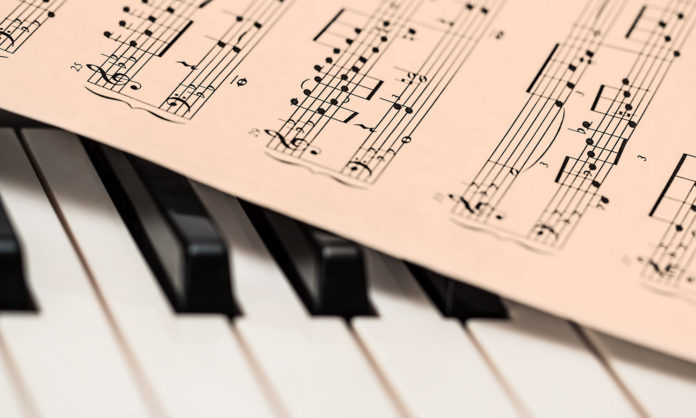
In an article on Writer’s Digest, Arianna Warsaw-Fan Rauch shares eight things every writer should know about classical music. “While I sometimes fantasize about a post-apocalyptic world in which the only surviving form of entertainment is Classical Music, it’s possible to get by, in this pre-apocalyptic world, with almost no knowledge of the genre whatsoever,” she says. However, if you want to write about classical music intelligently, she suggests a few things you should know.
- Classical musicians don’t write “songs”. Instead, classical music is comprised of compositions or pieces. More specifically, you might write about a symphony, overture, sonata, or rhapsody. Only compositions for vocal are songs, and even then you might have an aria or chanson. “So don’t have your classical music aficionados going around talking about ‘songs’ unless they’re being ironic,” Warsaw-Fan Rauch says.
- Stringed instruments need to be tuned. “String players tune every time they pick up their instruments,” Warsaw-Fan Rauch writes. “The longer an instrument has been lying around, the more out of tune (and difficult to tune) it will be.”
- Conductors are not universally revered. Like any population, some conductors are respected and loved, and others are not. “Many of them are just awkwardly elevated, overpaid musicians who are sometimes necessary for organizational reasons but who aren’t particularly inspiring or worthy of adulation,” Warsaw-Fan Rauch notes.
- Beethoven’s “Für Elise” isn’t that great. “It’s the kind of piece that makes musicians and classical music lovers everywhere roll their eyes,” Warsaw-Fan Rauch explains. “So, unless this is the reaction you want from your readers, pick another piece to write about.”
- Average-sized bodies don’t fit inside average-sized grand pianos unless you chop them up first. Reasonable.
- You can’t steal a Stradivarius (or any highly valuable instrument) and then turn around and sell it successfully. Any buyer of a rare instrument will want it authenticated, and the only experts who can do this will recognize an individual item. The world of rare instruments is too small to use this as a throwaway plot in your story.
- The industry is competitive but not malicious. Contrary to cliché, classical musicians aren’t murdering each other to move seats. “I know tons of people who would rather play second violin than first,” Warsaw-Fan Rauch says.
- There is some very cool symbolism in classical music. “There are composers who have woven their signatures into their music,” Warsaw-Fan Rauch writes. “There are meanings associated with different keys (C Major is linked to purity, D Major to victory and triumph, E minor to grief and mourning).” There are many symbols, metaphors, and motifs to explore.











